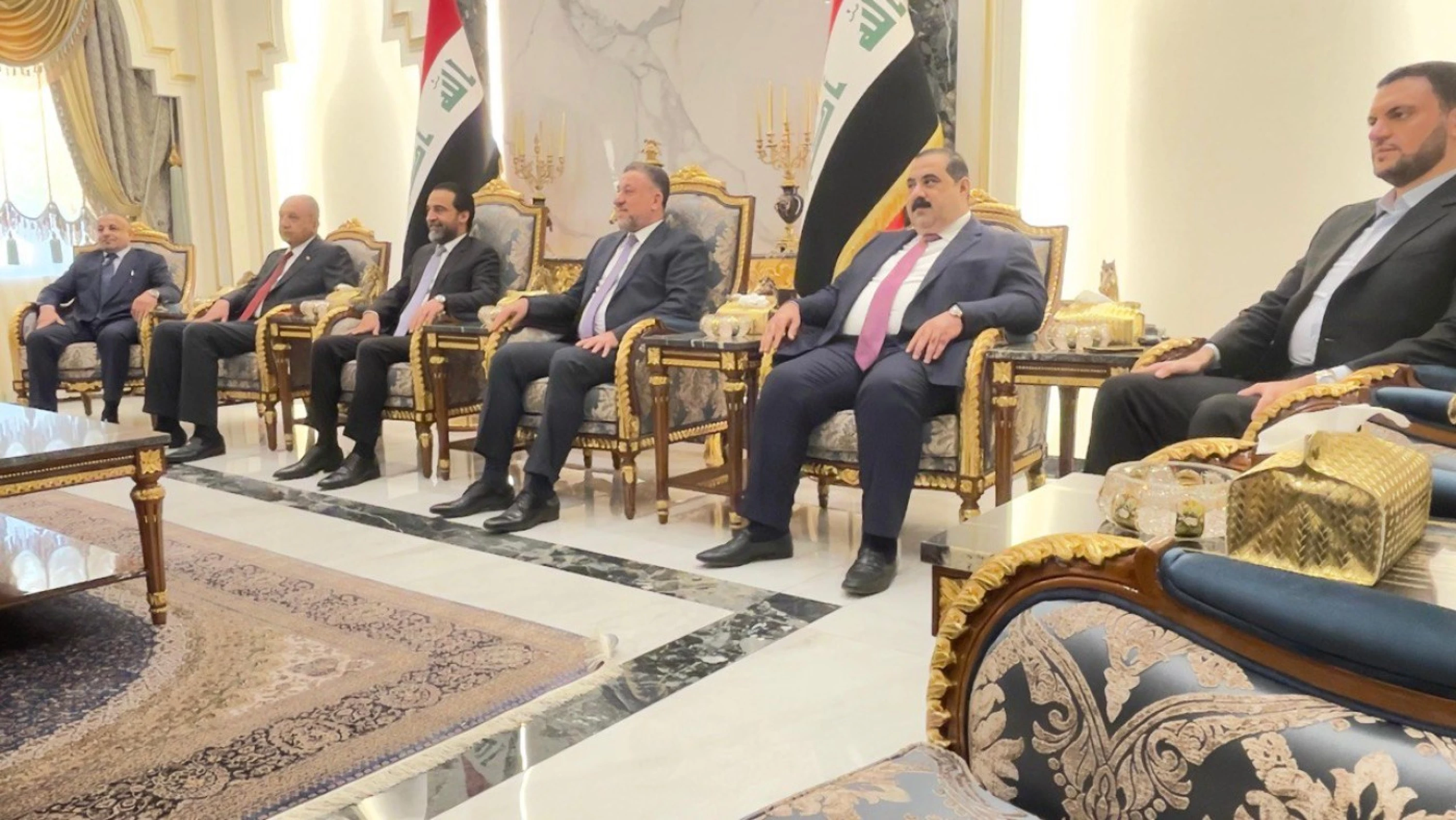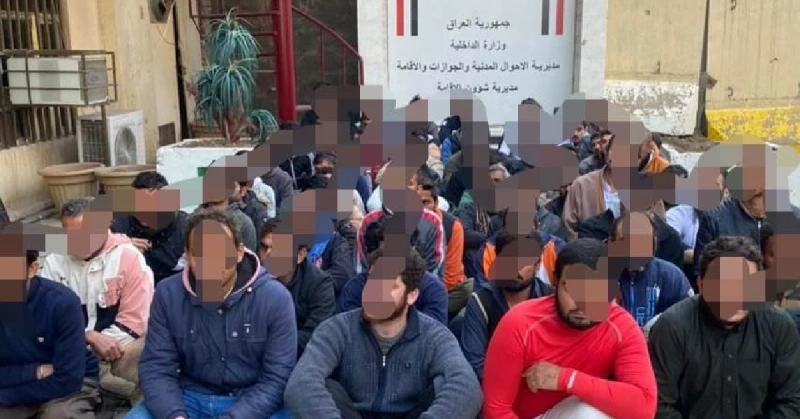ERBIL, Kurdistan Region of Iraq - The newly established National Political Council between Iraq’s Sunni parties aims to secure Sunni entitlements in the government, much like the ruling Shiite Coordination Framework, an Iraqi Sunni leader told The New Region on Monday.
The National Political Council is “similar to the Shiite Coordination Framework, a gathering of Sunni forces who sensed the danger of the current phase and decided to sit at one table,” Haider al-Mulla, a leader from the Azm Alliance, told The New Region.
“The Council will be responsible for securing the entitlements of the Sunni component, nominating the positions allocated to it, and negotiating with other components,” Mulla added.
The announcement of the alliance followed a meeting on Sunday at the home of Sovereignty Alliance leader Khamis al-Khanjar. The gathering included leaders of the Taqaddum Party, the Azm Alliance, the Sovereignty Alliance, the Hasm al-Watani Alliance, and the Al-Jamahir Party.
In a joint statement received by The New Region, the parties said the council was formed out of “national responsibility” and in recognition of the challenges facing the country after the recent elections. The statement said the leaders discussed political developments and the difficulties facing both Iraq and their provinces.
The parties agreed that the council will function as a single umbrella to coordinate positions on major national issues and will continue to meet regularly throughout Iraq’s sixth parliamentary term.
Iraq concluded its sixth parliamentary elections on November 11, in which over 7,750 candidates competed for the Iraqi legislature’s 329 seats. No party won enough seats to earn a parliamentary majority, with inter-party negotiations to form the next Iraqi cabinet being essential as a result.
Mohammed al-Halbousi’s Taqaddum Party and its coalitions scored the highest number of seats among the Sunni forces in the recent elections, securing 36 seats.
With the final results announced, the upcoming Iraqi parliament must hold its first session within 15 days, during which the representatives elect a speaker, a post that traditionally goes to a Sunni Arab.
However, while the Sunni forces have aligned, not all believe that such an alliance will persist.
Former Sunni MP Kamel Nawaf al-Ghurairi, who now aligns with no party, described the alliance as “a gathering of faces, not of hearts.”
“These faces will only be present for a short time, and they will soon be gone when positions are distributed,” Ghurairi told The New Region on Monday.
“What is more important than the meetings and the formation of councils is putting aside their differences, abandoning the division of positions and gains, and considering the Sunni community and its interests, even if just this once,” he added.



 Facebook
Facebook
 LinkedIn
LinkedIn
 Telegram
Telegram
 X
X


